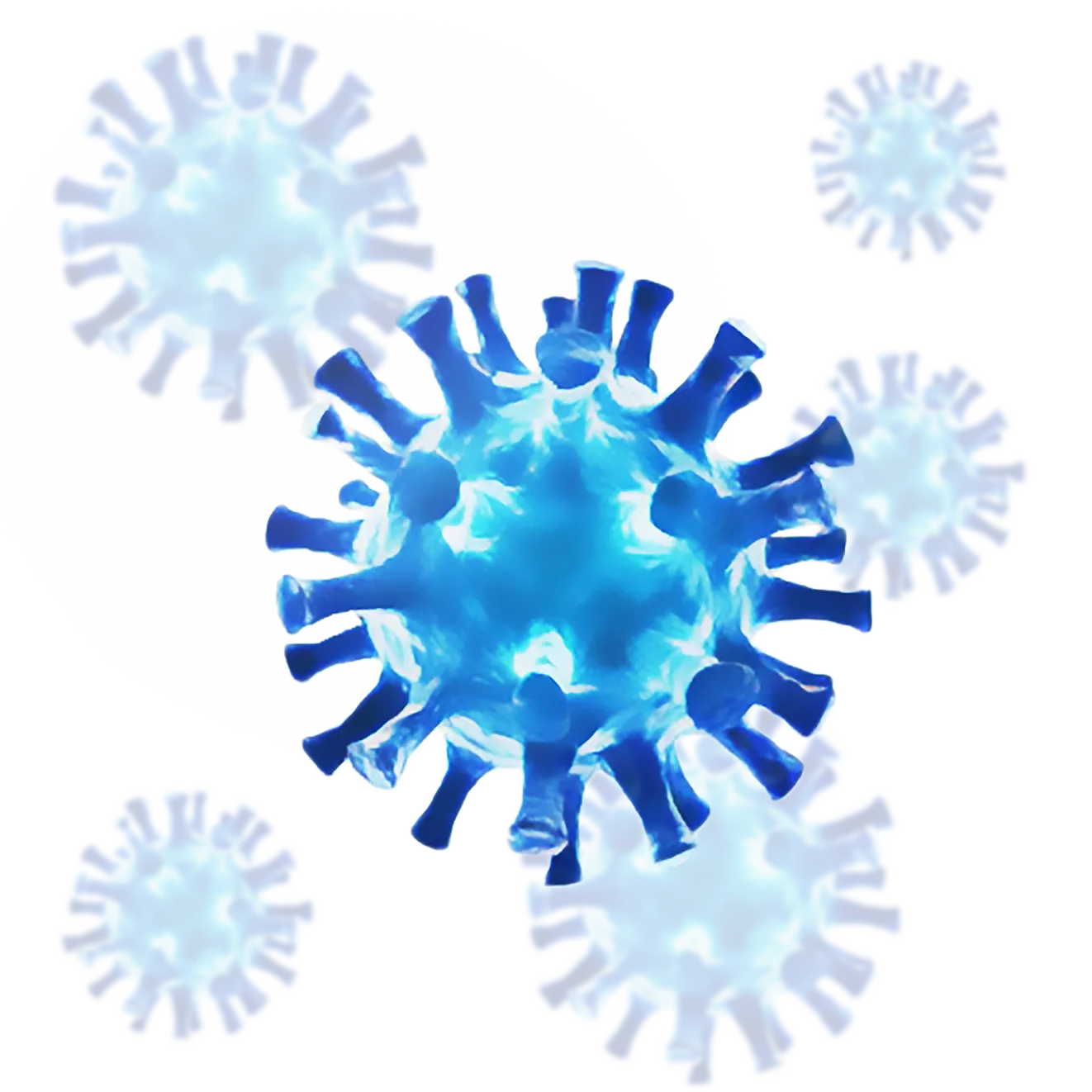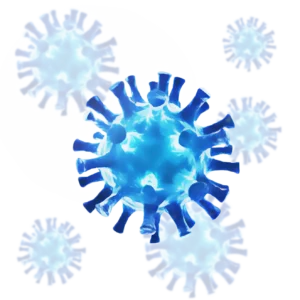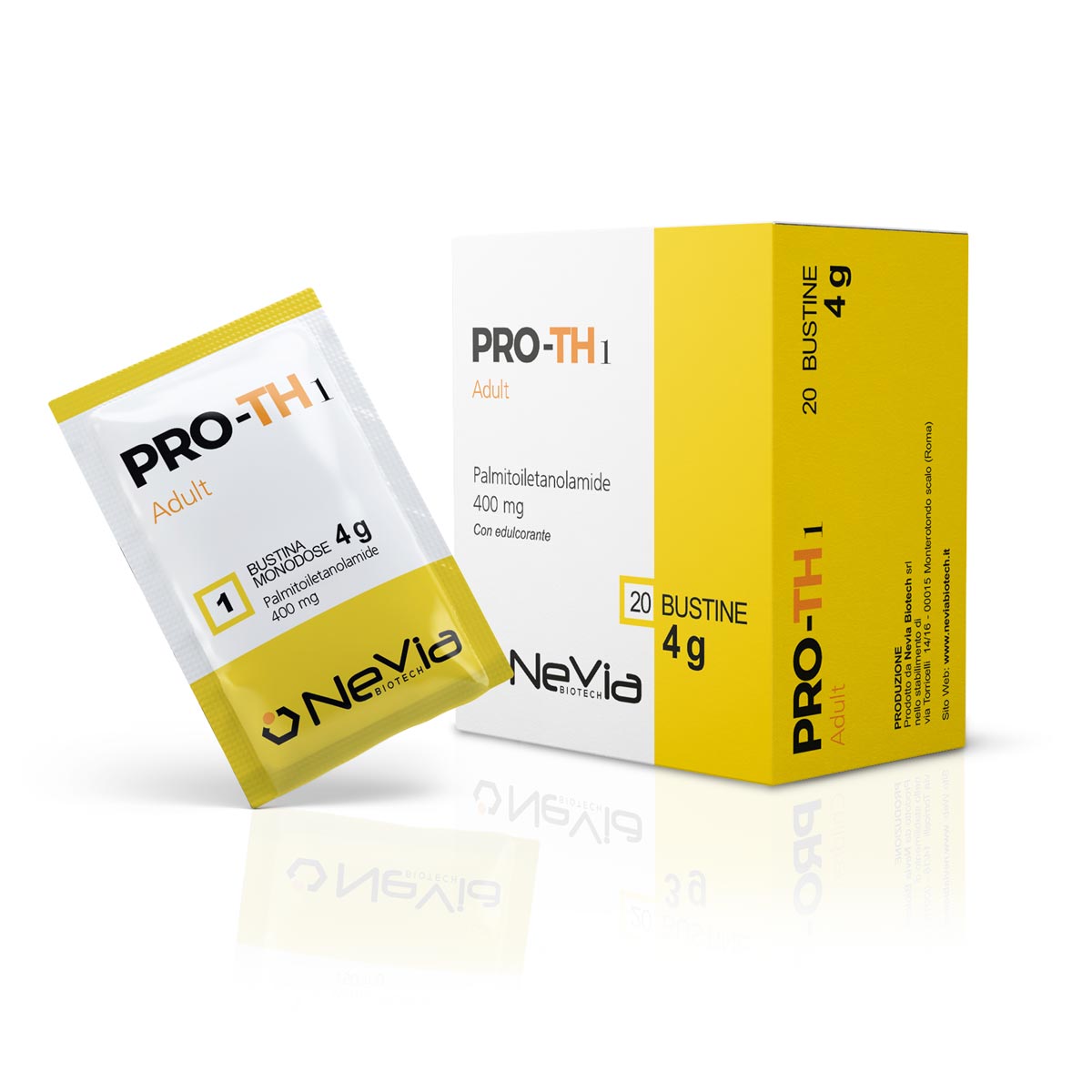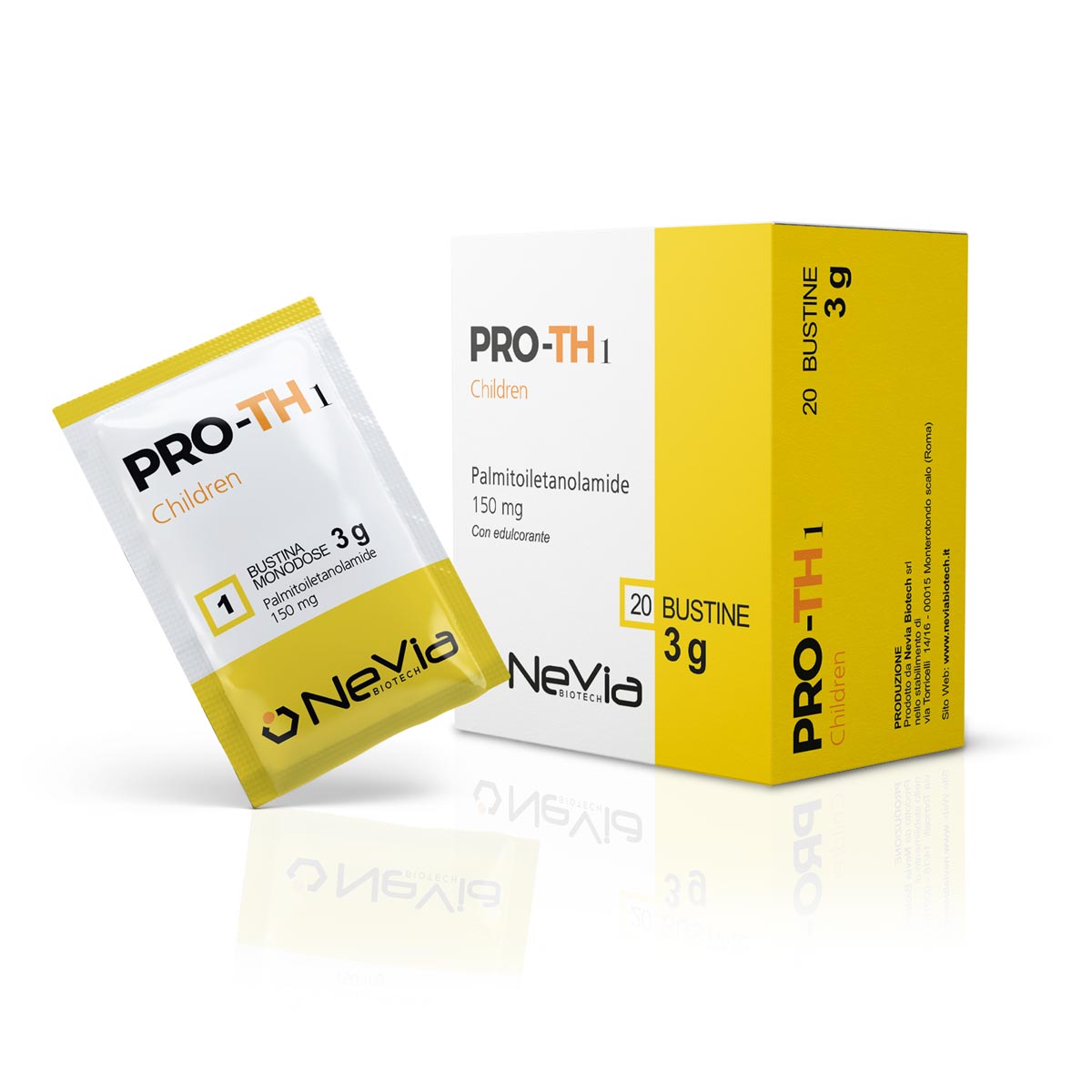Recurrent Respiratory Infections
in brief.
Recurrent Respiratory Infections (RRIs) are respiratory tract infections that recur several times during the year, especially in the fall-winter period and during seasonal changes. The most common infections are: Nonspecific infection of the early airways, Pharyngotonsillitis, Otitis, Laryngitis, Tracheobronchitis, Obstructive or asthmatic bronchitis, and Bronchopneumonia.

What are Recurrent Respiratory Infections (RRIs)?
Recurrent Respiratory Infections (RRIs) are common respiratory tract infections that recur several times during the year in the fall-winter period and generally during seasonal changes.
IRRs can be defined if in a subject:
- occur more than six times in a year
- more than one upper respiratory tract infection per month occurs in the period between September and April
- more than three lower respiratory tract infections occur in a year

Who are the most affected by Recurrent Respiratory Infections?
Those most affected by Recurrent Respiratory Infections are children (aged 2 to 7 years) and the elderly.
As for children, the number of total respiratory infections occurring in a year should be considered normal if:
- 0 to 2 years old > number of infections per year: 6
- 3 to 4 years > number of infections per year: 5
- 5 to 9 years > number of infections per year: 4
- 10 to 14 years old > number of infections per year: 3
In individuals who manifest IRR, the main infectious agents responsible are respiratory viruses in 80% of cases, thus not pathogenic bacteria for which antibiotic therapy is required.

Why do Recurrent Respiratory Infections occur?
Basically, in individuals affected by IRR, fewer antibodies are produced because, in the presence of the predisposing-favoring factors outlined in the previous section, the immune system produces substances called cytokines. Such substances, instead of stimulating antibody production, stimulate certain cells that cause inflammation.
In fact, when this happens, it creates a vicious cycle. Inflammation continuously stimulates the production of those substances (cytokines) that do not cause antibodies to be produced in the amount needed to fight pathogens (viruses and bacteria), which are responsible for respiratory tract infections.
Therefore, it is not necessary to stimulate the immune system to make it produce more antibodies (in fact it may be counterproductive), but it is necessary to break that vicious cycle that leads to the production of those substances (cytokines) that prevent the production of antibodies in the sufficient amount.
Recurrent Respiratory Infections (RRIs): how to treat them?
There is no specific treatment for IRRs caused by viruses. It is necessary for the infection to run its course and for our immune system to take care of it.
Different situation is for Respiratory Infections caused by pathogenic bacteria, as they can be treated with an antibiotic prescribed only by a physician. It is pertinent to know that using an antibiotic repeatedly over a short, protracted period of time can result in the establishment of resistance by pathogenic bacteria to antibiotics, rendering the latter totally ineffective.
In light of the above, it seems clear that to limit the use of antibiotics, it is necessary to reduce the number of respiratory tract infections requiring antibiotic therapy. Today this is possible because a special medical purpose dietary product capable of helping to limit the number of respiratory infections is commercially available .
This product, which has been developed and patented by Italian researchers, as well as tested in several clinical studies of national and international significance, is marketed under the brand name PRO-TH1.







